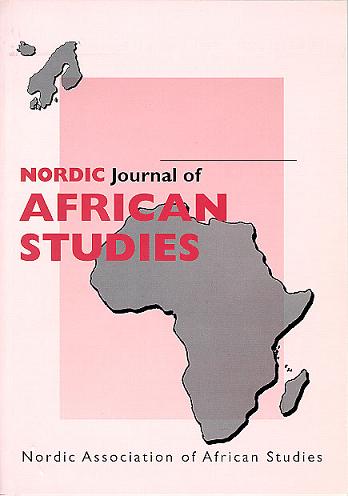
Published 2006-12-31
How to Cite
Abstract
Kiswahili is an indigenous African language whose origin is the coast of Kenya. In the 20th C. it was readily accepted in Kenya and Tanzania where it has played key roles of national development. However, in Uganda Kiswahili language was not accepted. Probably, the role of this language in the organization and mobilization of the liberation forces in the 1980s is what made this language to find favor in the eyes of the leaders of National Resistance Movement, therefore, giving Kiswahili new lease of life and impetus of fresh development in this country where it has been down looked for along time with a lot of suspicion. This paper therefore intends to explicate the dynamics of Kiswahili development in Uganda giving a keen attention to the reasons why the current leadership is frantically putting a lot of effort to popularize Kiswahili, though belatedly relatively compared to other East African countries.
